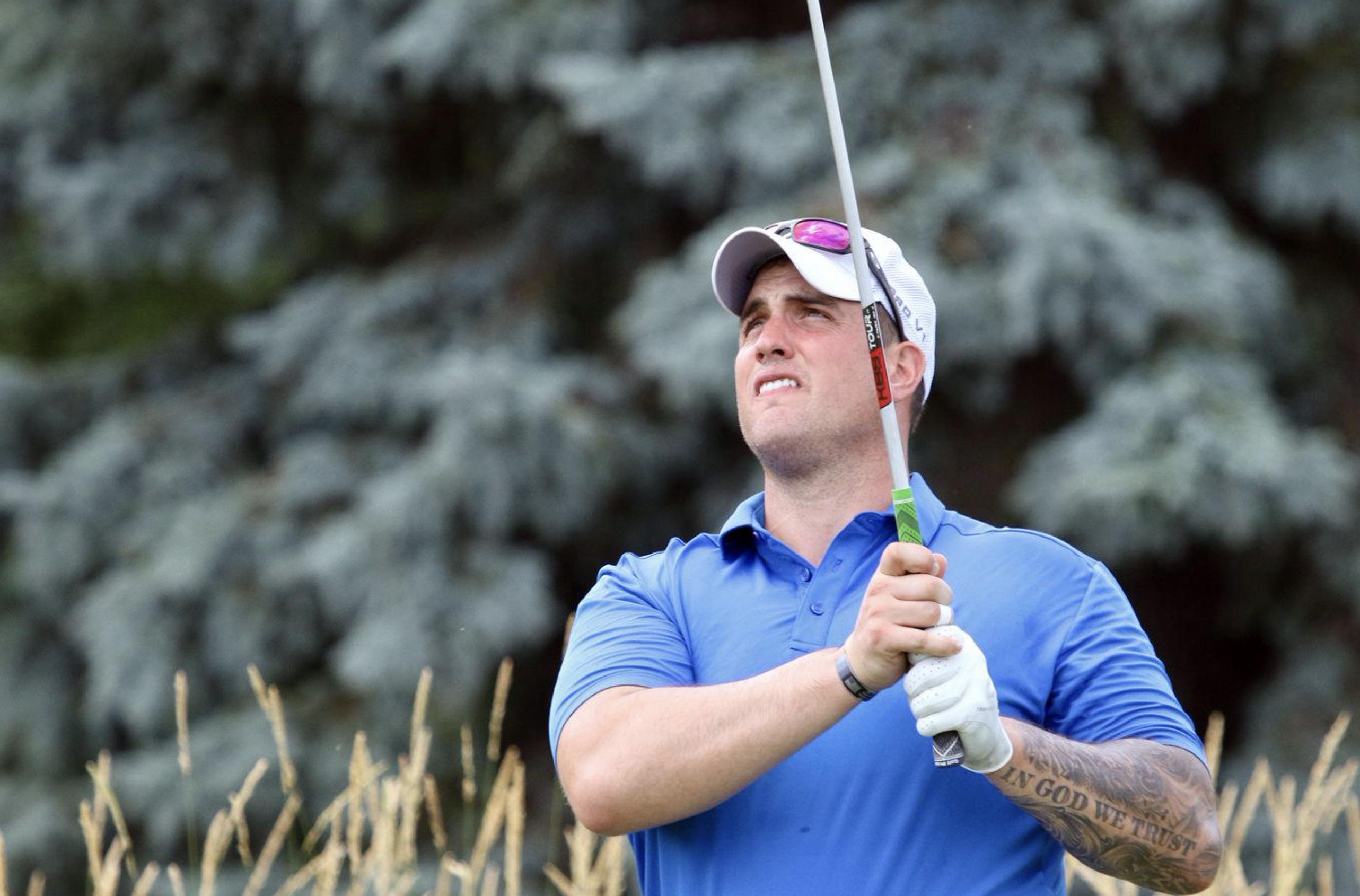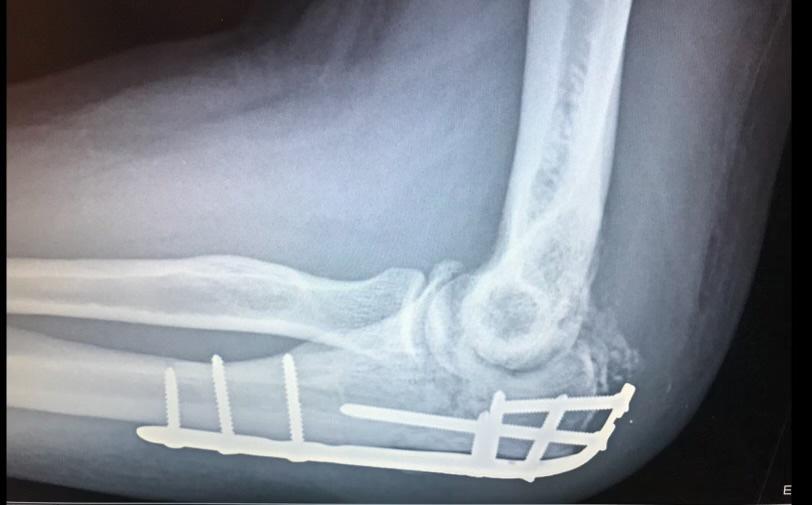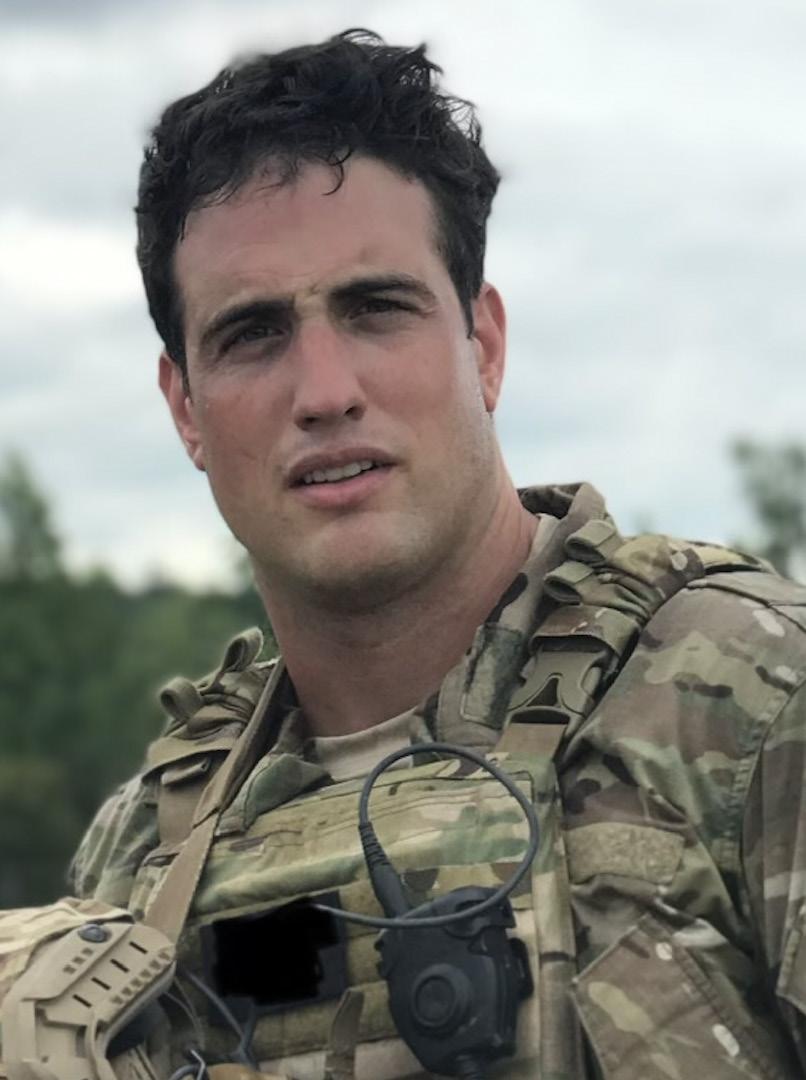
4 minute read
How the sport is changing lives for Veterans
Brent Bartels isn’t your average golfer.
After playing avidly (and well) in high school and into college, he struggled academically and decided to drop out of school. But after watching the movie Sniper, Bartels was motivated to join the military and eventually enlisted in the Army. Upon completing initial entry training Bartels earned his way into the Ranger Regiment before moving to the Special Forces and becoming a Green Beret. But in the years (and wars) that followed, golf became less and less of his life as Bartles concentrated on mastering his military craft.
Bartel’s golfing days almost ended forever in October of 2017, when he and his special operations team were ambushed in the African country of Niger during an attempt to locate and capture a local ISIS terrorist leader. Four Americans and several supporting
Nigerian troops were killed in the resulting firefight. Bartels himself was severely wounded, with a bullet causing massive damage to his arm.
Because of his valor on that day, Bartels was awarded the United States Armed Forces’ third-highest military decoration for valor in combat, the Silver Star.. While he made it home after that mission, the trauma to Bartels’ body was so severe that he faced being involuntarily separated from the service. However, through his own sheer determination and the help from many medical professionals and physical therapists, he was able to recover enough to stay in uniform.
And along the way, he found himself back on the golf course.
Like many veterans, especially ones who faced physical trauma or mental hardship, Bartles finds solace on the green. “It’s extremely therapeutic,” he says of golfing. “It’s a healthy passion,” and a great way to work through one’s troubles.
Many other veterans have found similar release through the sport of golf— and for good reason. It’s outdoors, it requires a level of physical and mental exertion, and just about anyone can play. More importantly, there is often a feeling of community and a sense of accomplishment after playing a round, and golf is an opportunity to set all other cares aside.
“You’re outdoors, you’re with friends,” Bartles explained. “You have the wind, the lie, the slope and a multitude of other factors... but all you have to do is focus on that next shot. Golf is a great game for life.”
Golf is very popular in the US military, with more than 150 courses on various bases in the United States and overseas, and tens of thousands of golfers with a military background.
For those who are interested in finding out more about golfing opportunities for veterans, Bartels cited a number of organizations that support golfing opportunities for the military, including for individuals who have never played before and want to get out on the links. They include the Veteran Golfers Association, Birdies for the Brave, Fore Country, and PGA Hope.
He also singled out Brad Clayton and his PuzzleDuck organization for their work in helping veterans develop their golf game. Many of these organizations have a very wide reach. PGA Hope, for example, has plans to work with 17,000 veterans and current service members this year alone.
Another reason golf is attractive to veterans, especially wounded warriors, is because it can be played by people with a wide range of physical capabilities, and due to the handicap scoring the game can be competitive even among people with widely differing skill sets and experience levels.
Bartels highly recommends golf for any current or former military member. “There’s no better time than now to start,” Bartels said when asked what advice he has for veterans who might be looking to get into golf. “The more you put it off, the more you’ll regret it later. Get started!”



